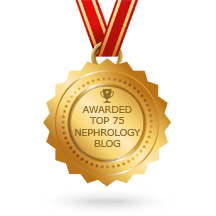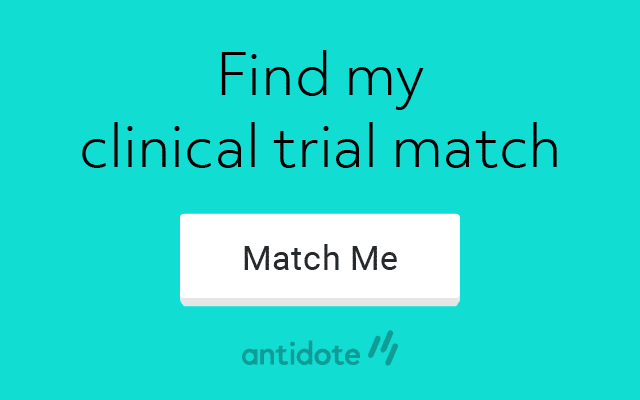When this all started, I was dumbfounded. We were a family who had cancer problems, not kidney problems. I knew they were some kind of internal organ, but that’s all I knew about kidneys. But chronic kidney disease? I was mystified.
I did realize that chronic is not acute. Chronic means long term, whereas acute usually means quick onset and short duration. So, I had a progressive something or other that affected my kidneys.
Later, I learned that they were two reddish brown organs that lay on the muscles of the back on either side of your spine above hipbone level and below the diaphragm. Some have compared their size to that of a clenched fist and that the right one lies lower than the left because the liver is there. The kidneys weigh about six ounces each.
A renal (kidney) artery carries the bloods, waste and water. A renal vein carries the filtered and sieved waste from the kidneys. Of course, the food and liquid we ingest has to be digested in the stomach and bowels, then absorbed in the blood. Yes, they are bean shaped. I wondered if the kidneys were named for the beans or vice versa, but not enough to research it. There were some many important issues to research at this point in my life.
These two organs, the master chemicals of our bodies, have several functions: regulating the fluid balance in your body, providing vital hormones, producing erythropoietin, producing renin which regulates blood pressure and balancing the minerals in your body (this is why we need to be careful about sodium, potassium, chloride, calcium, magnesium, and phosphates. Your nutritionist may not even mention magnesium since this constitutes only 1% of extra cellular fluid) and removing liquid waste from your body. The two liquid waste products are urea which has been broken down from protein by the digestive system and creatinine which is a byproduct of muscle activity.
I remembered hearing somewhere that if one kidney is damaged the other could sustain a person. I researched that. It was true. They are hardworking organs, too. They filter as much as 200 quarts of blood to rid us of roughly two quarts of waste and extra water. The problem with unregulated minerals, such as sodium and potassium, is that you need minerals to remain healthy but too much in the bloodstream becomes toxic. The kidneys remove these toxins and change them into urine that enters the bladder via the ureter.
Picture a front view of your internal organs. You’d see the ribs, below them the kidneys, then the ureter above the bladder. Below the bladder is the urethra, the passage to the outside of your body. This is, of course, a highly simplified explanation. The toxins would build up and poison you if the kidneys were damaged. Did that hold if you had chronic kidney disease, too?
So many questions were swirling in my head. I had no idea which I should research or ask the doctor about first because I had no idea which was trivial and which of some importance. I learned more than I wanted to know. More about that in a future post.



I think I learned more here about the Kidneys then I learned from reading biology textbooks in school.
I was going to thank you, but then I began to wonder if they even HAVE this information in h.s.biology textbooks. Oh, what the heck! Thank you for what I’ll take as a compliment.
followed the link you left in your post at http://kidneykorner.com/smfbb/index.php?topic=3632.0;topicseen
interesting read.
I’d allow you to publish my early CKD story. I am now stage 5 and will likely be on dialysis by next summer.
Likely cause: chemo/radiation for rectal cancer in 2001
Thanks, Jeff. What a journey. I am so sorry this has happened to you, but thank you for letting me use your initial reaction to your diagnosis.
It’s a paltry offer, but let me know what I can do to help, if there is anything.
Thank you for letting me use your story, Jeff. What was your initial reaction to your diagnosis? My heart is with you, although I’m sure someone else’s kidney would be a better thing to be with you.